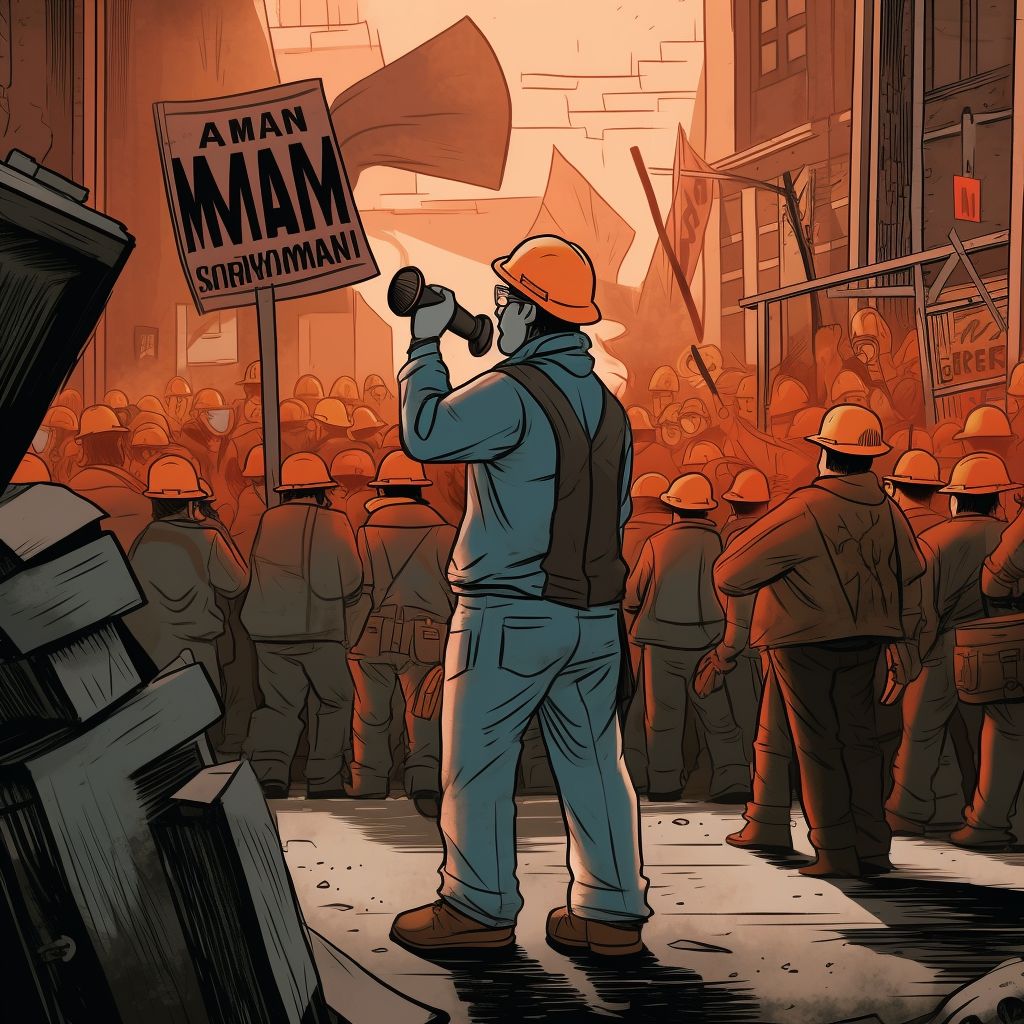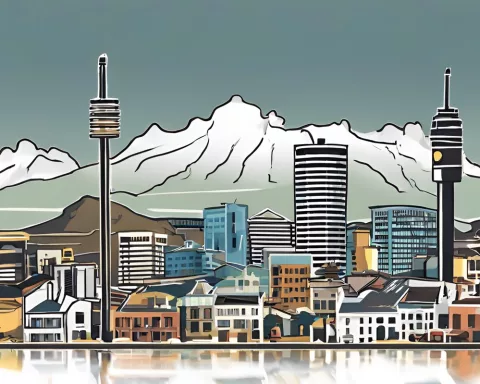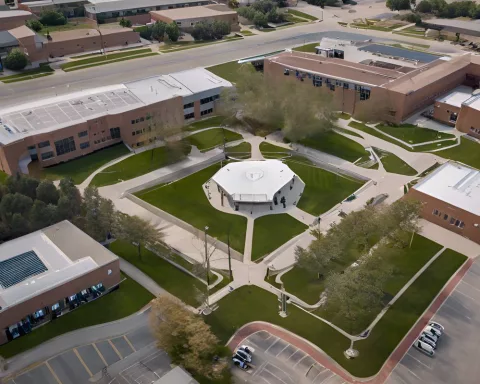The South African government, led by Public Works and Infrastructure Minister Sihle Zikalala, has been making significant strides in combating the construction mafia, which has cost the country’s economy billions of rands. Minister Zikalala recently visited KwaZulu-Natal to inspect various construction projects and provide updates on the government’s initiatives to tackle the construction mafia.
Delays and Disruptions Caused by the Construction Mafia
One of the most notable projects affected by the construction mafia is the Durban High Court. Organized criminal groups have hijacked project sites, causing significant delays to the project. To mitigate further interruptions, the government has increased security measures at the construction site.
The construction mafia’s actions have had a detrimental effect on South Africa’s economy, not only causing delays and disruptions to vital projects but also discouraging investments in infrastructure development. Therefore, the government’s efforts to combat these criminal groups are essential for the revitalization of the construction sector in the country.
Fighting the Construction Mafia: Increased Security and Policy Changes
The construction mafia infiltrates project sites and extorts money from contractors and developers. The government’s efforts to combat these criminal groups involve increased security measures at project sites, policy changes, and collaboration between law enforcement agencies and the construction industry.
Minister Zikalala’s Visit to KwaZulu-Natal
Minister Zikalala’s visit to KwaZulu-Natal serves as a clear demonstration of the government’s commitment to overcoming the challenges posed by the construction mafia. The inspection of projects and updates provided by the minister sends a strong message to the criminals that their actions will not be tolerated, and the government is taking decisive steps to curb their influence.
Moreover, by inviting members of the media to the project sites, the government ensures that the public is well-informed about the progress made in the fight against the construction mafia.
The Importance of Transparency and Collaboration
Transparency and collaboration are crucial in the government’s actions against the construction mafia. The government’s efforts, such as Minister Zikalala’s visit to KwaZulu-Natal, reflect a commitment to creating a secure and thriving environment for the construction industry.
Looking Ahead: Reclaiming the Construction Sector
As the battle against the construction mafia continues, it is crucial for the media, the public, and the construction industry to remain informed and vigilant. The government’s actions signify a turning point for the construction industry in South Africa. With the commitment of government officials and the collaboration between law enforcement and the construction sector, the country can look forward to a future where infrastructure development is no longer hindered by the nefarious actions of organized criminal groups.












